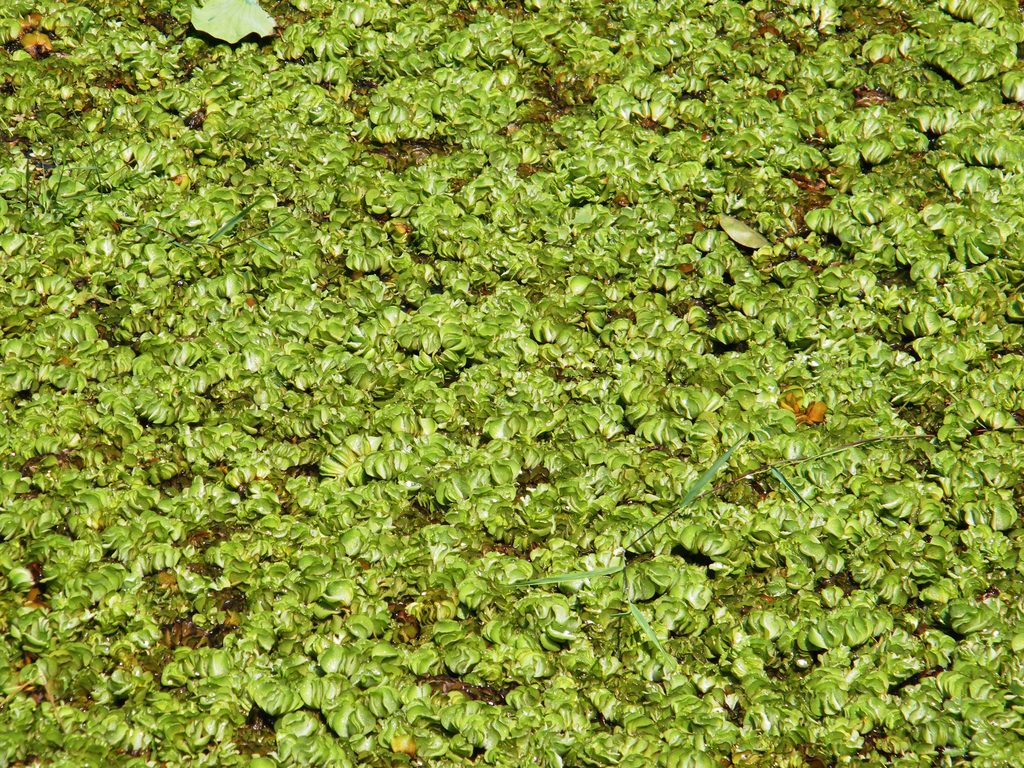Lakes and rivers in Uganda are invaded by one malignant element: Kariba grass. Its scientific name is Salvinia molesta. It is a plant native to Brazil. It can form layers of 4 cm thick on the surface of the water. Grass blocks access for fishermen, birds and aquatic mammals. When it decomposes, it deprives fish and other creatures of oxygen.
Economically, it impacts fishing, the productivity of hydroelectric dams and even prevents ships from navigating. In the absence of biological control, it can only be eliminated by mechanical or manual means, “but is so prolific that it can return to the released areas in less than a month”.
In Uganda, this weed spreads like a poison in Lake Albert, located in the west of the country, on the border with the Democratic Republic of Congo (DRC) or in Lake Kyoga, in the centre of the country. According to Vincent Bamulangaki Sempijja, Uganda’s Minister of Agriculture, the plant is already affecting part of the Nile and Lake Victoria.
It is therefore a danger to Ugandan rivers and marshes and the government has decided to address the issue. The country recently received support from Egypt, which pledges $230,000 for a one-year project. The money injected will mainly be used to acquire new manual equipment to clear Kariba grass from the marshes. The existing equipment is designed to control water hyacinth, another invasive aquatic weed.
A phenomenon also observed in Zambia
Uganda is not the only African country affected by the Kariba grass invasion. In Zambia, in the south of the continent, several water points are affected. For example, in the Lukanga marshes, the village community formed the Meembe Site Support and Farmers Group. The objective is to rid the marshes of these grasses that harm crops, fishing, and the survival of aquatic flora and fauna. This community works in collaboration with the Zambian Ministry of Fisheries, several non-governmental organisations (NGOs) including BirdWatch Zambia and local research institutions, such as the University of Copperbelt.
Jean Marie Takouleu
